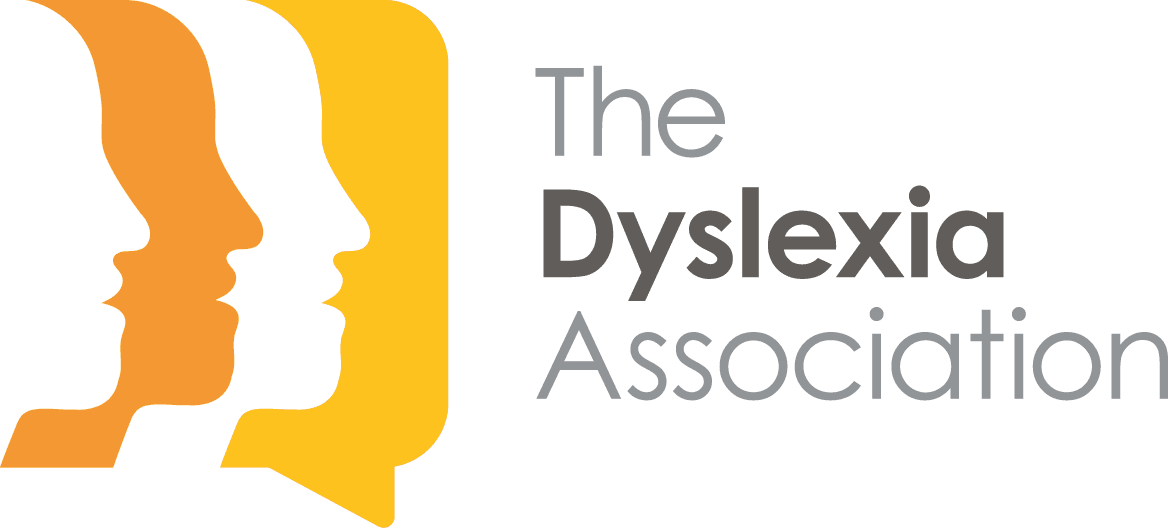What is an adult diagnostic assessment?
In order to diagnose dyslexia in an adult (18+), a full diagnostic assessment is required. The diagnostic assessment must be carried out by a qualified professional to confirm an associated specific learning difficulty.
We can also offer additional diagnostic interviews for Developmental Coordination Disorder, DCD (otherwise known as Dyspraxia), or ADHD for educational and workplace purposes only, as a holistic SpLD Assessment.
How much is an assessment?
A full dyslexia diagnostic assessment for an adult is £575.
A holistic SpLD assessment for dyslexia and an additional exploration/diagnostic interview for DCD or ADHD is £725
Please note that payment is required in full prior to the assessment taking place.
Which locations are covered?
Our remote diagnostic assessments are via online platforms, and so there are no geographical restrictions.
We can also offer face to face assessments at our office in Nottingham or other areas, subject to assessor availability.
What happens during the assessment?
The assessment will be carried out by a professionally qualified and experienced assessor. The assessor will:
- discuss the individual’s background, previous educational experiences and current needs.
- carry out a series of tests designed to measure performance across a range of activities
- identify a pattern of difficulties and strengths which will allow the assessor to determine whether dyslexia is present.
The assessment will identify strengths and weaknesses and make recommendations bespoke to the individual.
The process is confidential and the assessment is conducted privately over a period of 3-4 hours (usually during normal working hours).
What happens after an assessment?
Upon the conclusion of the assessment, a comprehensive report will be provided (usually within 4-6 weeks) that will give the results of the tests and make recommendations for:
- general adjustments at work
- appropriate access arrangements for examinations
- resources available to assist the individual at study or work
Where an individual is in employment and is experiencing difficulties at work, the next step would be to have a workplace needs assessment. This will make recommendations for specific reasonable adjustments, which may include assistive technology and coping strategies

